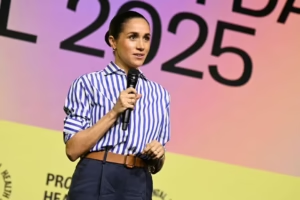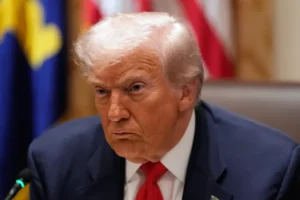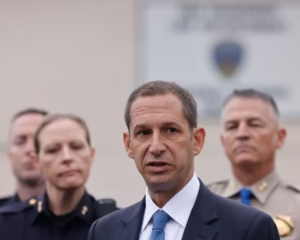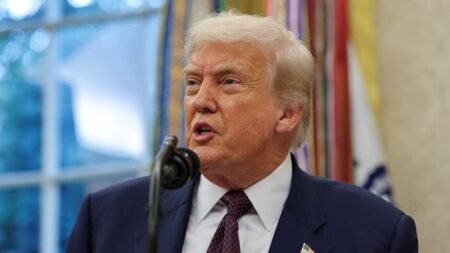President Muhammadu Buhari has played a defining role in Nigeria’s modern history, both as a military ruler and a democratically elected president. Born on December 17, 1942, in Daura, Katsina State, Buhari is a member of the Fulani ethnic group and a practicing Muslim. His career began in the Nigerian Army, where he rose through the ranks to become a Major General. He first came to national prominence after leading a military coup on December 31, 1983, that overthrew the civilian government of President Shehu Shagari. At the time, Buhari cited corruption and poor governance as key reasons for the coup.
As military head of state from 1983 to 1985, Buhari introduced a strict regime focused on discipline and anti-corruption. His government launched the War Against Indiscipline, a campaign that emphasized order, punctuality, and civic responsibility. However, his rule was marked by authoritarianism, press restrictions, and human rights abuses. In August 1985, Buhari was removed from power in a bloodless coup led by General Ibrahim Babangida. He then retreated from public life for a period but remained a vocal critic of corruption and political mismanagement in Nigeria.
Buhari re-entered the political arena in the early 2000s, running for president under various opposition parties. He contested presidential elections in 2003, 2007, and 2011 but lost each time. However, in 2015, he made history by becoming the first opposition candidate to defeat an incumbent president in Nigeria. Running under the All Progressives Congress (APC), Buhari defeated Goodluck Jonathan and was sworn in as president on May 29, 2015. His victory was seen as a significant moment for Nigerian democracy and raised expectations for reform and accountability.
During his first term, President Muhammadu Buhari focused heavily on anti-corruption, security, and economic development. He launched investigations into previous administrations and pursued several high-profile corruption cases. Although some praised these efforts, critics claimed they were selective and politically motivated. In the area of security, Buhari promised to defeat Boko Haram, the Islamist extremist group causing unrest in the northeast. While the military regained control of some territories, insurgent attacks and other forms of violence, such as banditry and kidnapping, continued to plague the country.
Buhari was re-elected in 2019 for a second four-year term. His second term was shaped by economic challenges, including two recessions and the COVID-19 pandemic. His administration sought to diversify the economy by investing in agriculture, infrastructure, and social programs like N-Power and TraderMoni. Still, many Nigerians faced high inflation, unemployment, and a declining standard of living. His long absences for medical treatment in London also sparked public concern and criticism about transparency and leadership.
President Muhammadu Buhari’s leadership style was often described as rigid and conservative. He preferred a low-profile approach and was seen as distant during times of national crisis. His critics also pointed to increased ethnic and regional divisions under his watch, along with restrictions on press freedom and the use of military force against civilians during protests, most notably during the #EndSARS demonstrations in 2020. Supporters, however, viewed him as a leader of integrity who remained committed to reducing corruption and stabilizing the country.
Buhari stepped down in May 2023 after completing two terms, handing over power to President Bola Ahmed Tinubu. His legacy is debated across political and social lines. While he is admired for his discipline, anti-corruption efforts, and infrastructure development, his presidency is also remembered for economic struggles, ongoing security issues, and democratic shortcomings. His life remains a unique story of a soldier-turned-statesman who left a lasting mark on Africa’s most populous country.







